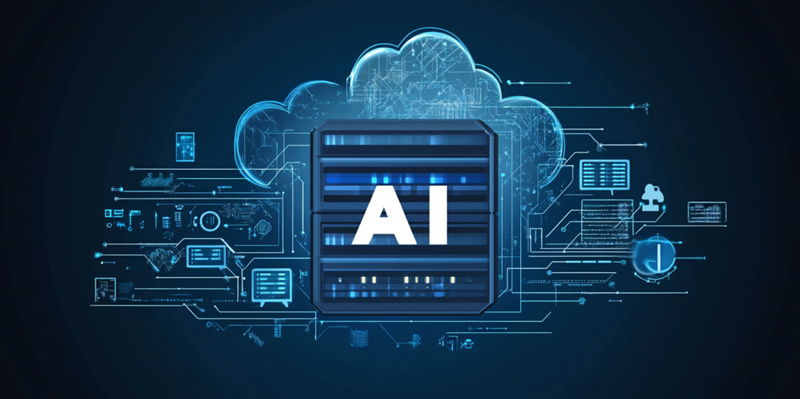In recent years, the integration of artificial intelligence (AI) and machine learning (ML) into data storage has become a crucial factor for enterprises looking to optimize their infrastructure. According to a survey of over 650 IT leaders, a significant trend is the shift towards object storage, which currently houses 70% of enterprise data, with expectations of reaching 75% in the next two years. MinIO’s latest report highlights the reasons behind this preference: object storage offers superior throughput performance, immutability, and the capability to handle exascale workloads, making it an ideal fit for next-generation AI workloads.
As AI and ML workloads grow more demanding, infrastructure that supports these technologies must evolve. Both public and private cloud environments are predicted to expand their share of AI data over the next 12-24 months. However, despite the dominance of public cloud infrastructure, a considerable number of respondents, 68%, have expressed concerns about the high costs associated with running AI workloads in these environments. Consequently, a hybrid cloud approach has emerged as the most popular solution among IT leaders, balancing cost-effectiveness with performance and scalability.
While the hybrid cloud model offers numerous benefits, it also comes with its set of challenges. Security and privacy concerns, issues related to data governance, and the complexities of managing cloud-native storage systems are significant hurdles. These challenges have prompted some enterprises to migrate data from public clouds to private cloud environments, seeking better control and a higher level of security. This trend highlights the increasing importance of data portability and the need for flexible infrastructure that can adapt to changing organizational requirements.
The ongoing shift towards object storage and hybrid cloud solutions underscores the dynamic nature of enterprise IT strategies. As AI and machine learning continue to shape the demands placed on data storage, enterprises must remain agile, adopting new technologies and approaches that enhance performance while addressing cost and security concerns.

